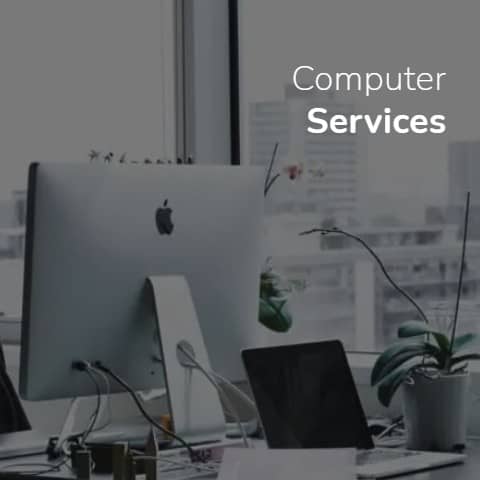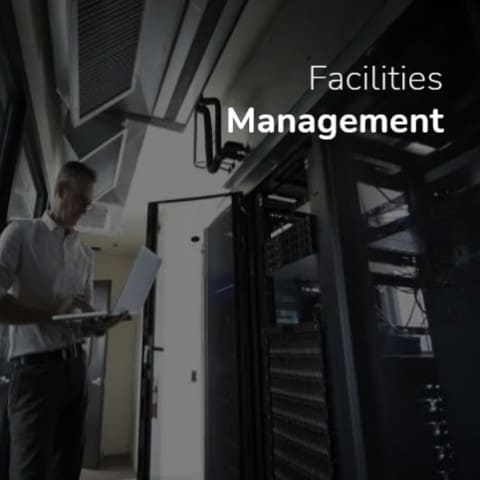In the modern business landscape, the transition towards hybrid and remote work environments has been both swift and unprecedented. This shift, significantly amplified by the global COVID-19 pandemic, offers various advantages to companies and employees alike. However, along with these merits come unique complexities. Chief among them is maintaining software licence compliance, especially when your workforce is dispersed across myriad locations. In this expansive analysis, we’ll dissect the intricacies of software licence compliance within the remote work paradigm, shedding light on potential pitfalls and proffering solutions tailored to modern businesses.
Decoding Software Licence Compliance
To set the stage, it is paramount to comprehend what software licence compliance entails. At its essence, this refers to the strict adherence to the manifold terms delineated in software licensing agreements. Such agreements prescribe the approved usage, propagation, and alteration of software commodities. For businesses, including tech giants and IT asset management corporations, non-compliance not only portends substantial legal and pecuniary ramifications but also damages their reputation — a priceless asset in today’s competitive marketplace.
The Distinct Hurdles of Remote Work
The newfangled realm of remote work is fraught with challenges pertaining to software licence compliance. For starters, overseeing software utilisation is arduous in a setting devoid of physical supervision. Without bespoke monitoring frameworks, guaranteeing that employees are wielding licensed software within stipulated confines becomes an uphill battle. Furthermore, as employees toggle between devices in their personal and professional domains, ensuring that each device aligns with licensing accords is non-trivial. This decentralisation of hardware impedes a consolidated oversight into software utilisation, complicating compliance appraisals.
The Critical Role of Communication in Software Compliance
No discussion about remote work can be complete without underscoring the indispensable role of communication. Effective and unambiguous communication is the bedrock of software licence compliance. Misunderstandings pertaining to licence terms can easily translate to inadvertent breaches. To fortify the fortress of compliance, businesses must invest in robust communication channels, ensuring that all stakeholders, be it the IT department, management, or remote workers, are singing from the same hymn sheet.
Navigating the Murky Waters: Piracy and Unauthorised Usage
With the privilege of remote work comes the augmented menace of software piracy and unsanctioned usage. The confluence of limited control over software installations and remote access heightens the potential for rogue software infiltrations, leaving companies vulnerable to legal entanglements.
The Imperative Need for IT Support in a Remote Framework
Another pivotal facet in this narrative is the role of IT support. Deprived of immediate recourse to IT aid, remote employees may inadvertently traverse paths leading to software compliance breaches. Whether grappling with technical glitches or seeking clarity on licensing nuances, the absence of ready IT support can impel employees to adopt unauthorised shortcuts.
Best Practices: Steps to Assure Software Licence Compliance
For businesses, the imperative is clear: proactive action is needed to forestall potential compliance breaches. This translates to:
- Crafting and promulgating lucid software usage policies.
- Harnessing the prowess of Software Asset Management (SAM) instruments.
- Pioneering remote licence activation and monitoring paradigms.
- Investing in cloud-anchored licensing solutions that dovetail with Capital’s ethos of leveraging systems and processes to drive efficiency.
- Amplifying channels of intercommunication.
- Instituting periodic software licence audits to proactively identify and rectify transgressions.
- Offering unfaltering IT support to remote personnel.
Wrapping Up: Bridging the Compliance Gap in Remote Work
As we traverse the dynamic terrain of remote work, it is imperative for businesses, from software companies to IT asset management enterprises, to recalibrate their strategies. By espousing the measures outlined, companies can safeguard their software licence compliance, even as they harness the manifold boons of remote work. At Capital, we remain resolutely committed to steering businesses through these nuanced challenges, ensuring they operate within the bounds of compliance, whilst optimising efficiency.





